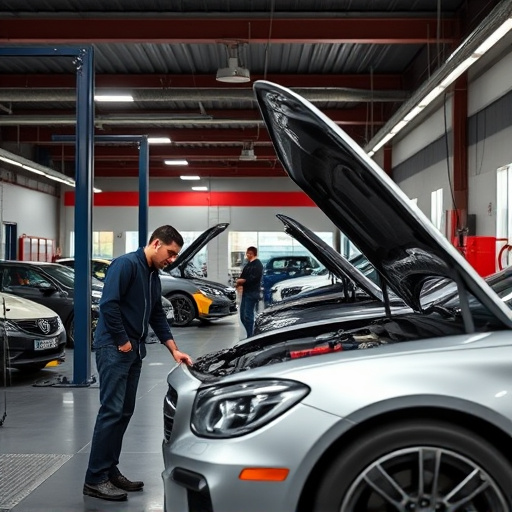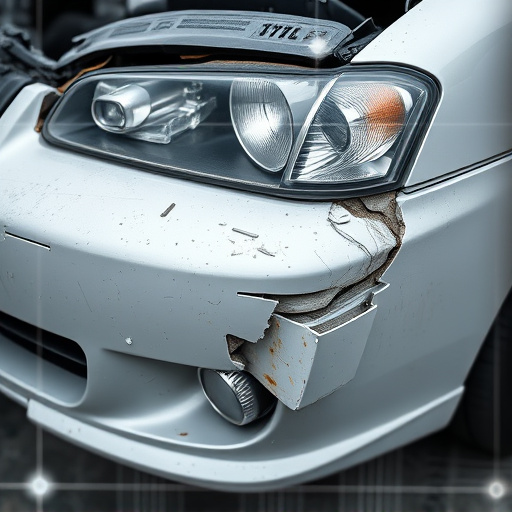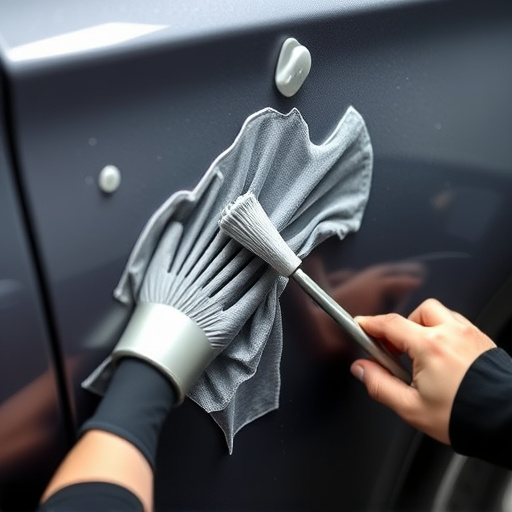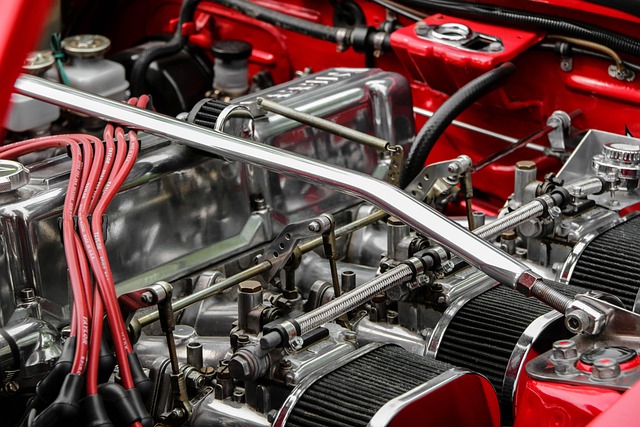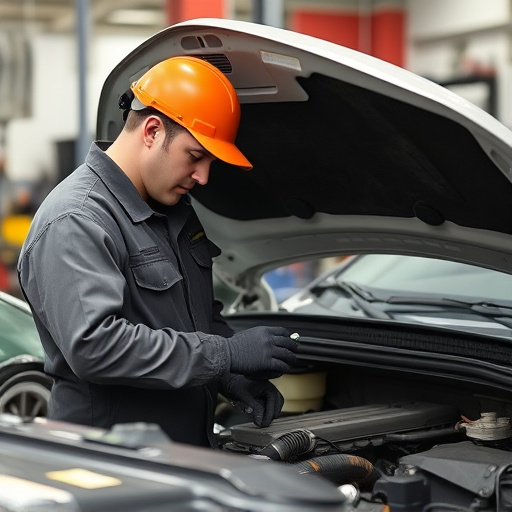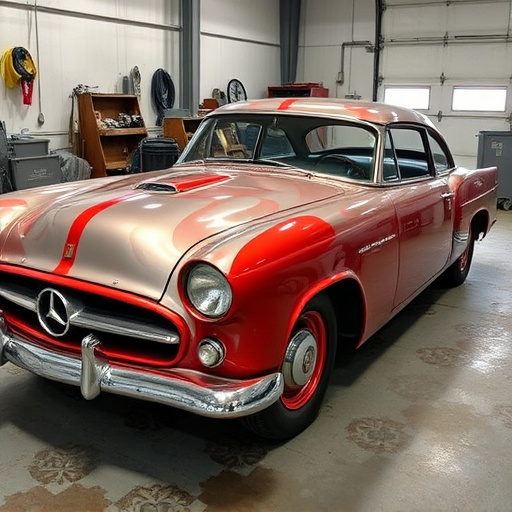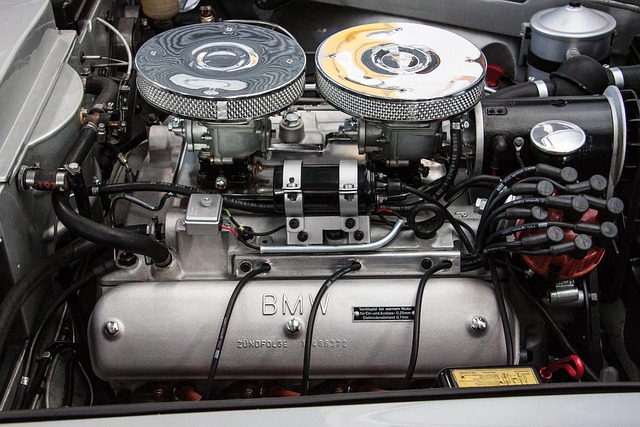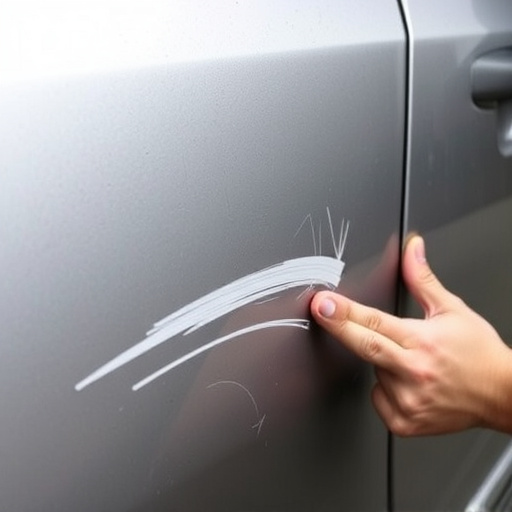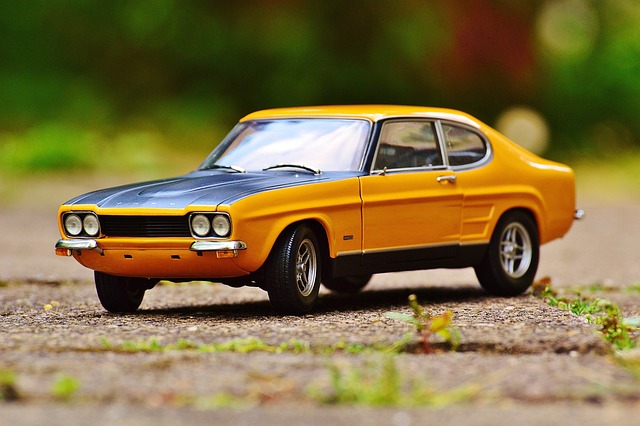In today's eco-conscious environment, recycled parts collision repair is gaining popularity among environmentally aware consumers. Car repair shops specializing in this area have flexible sourcing strategies, choosing between local and global suppliers based on part availability and delivery times. Quality control is paramount, with rigorous inspections, advanced frame straightening technology, and adherence to environmental regulations ensuring vehicle safety and structural integrity. Comprehensive paint services complement these efforts, providing precise matches to original finishes and offering peace of mind for vehicle owners.
In today’s eco-conscious landscape, the demand for recycled parts in collision repair has surged. Shops are no longer just fixing vehicles; they’re fostering sustainability. This article delves into the strategies these shops employ to source quality components from local and global suppliers, ensuring safety and environmental responsibility in every step of the process. From understanding market dynamics to implementing rigorous quality checks, discover how recycled parts collision repair is revolutionizing the automotive industry.
- Understanding the Demand for Recycled Parts
- Sourcing Strategies: Local vs Global Suppliers
- Ensuring Quality and Safety in Collision Repair
Understanding the Demand for Recycled Parts
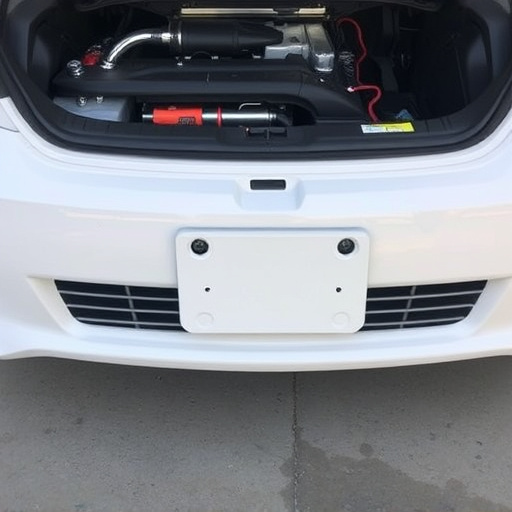
In today’s eco-conscious world, there’s a growing demand for sustainable and cost-effective solutions in vehicle collision repair. Recycled parts play a pivotal role in this shift, offering both environmental benefits and financial advantages for shops specializing in collision repair. The market for recycled parts collision repair has been steadily rising as consumers become more aware of the impact of their purchasing decisions on the environment. Many individuals now actively seek out eco-friendly options when it comes to auto repair near me, driving the need for accessible and reliable sources of recycled components.
Shops that cater to this demand must stay attuned to the latest trends in the industry. They source parts from various channels, including specialized recyclers and salvage yards, ensuring a steady supply of high-quality, second-life components. This approach not only contributes to reducing automotive waste but also ensures that vehicle collision repair services remain affordable for all, fostering a holistic ecosystem that balances sustainability with accessibility in the auto repair sector.
Sourcing Strategies: Local vs Global Suppliers
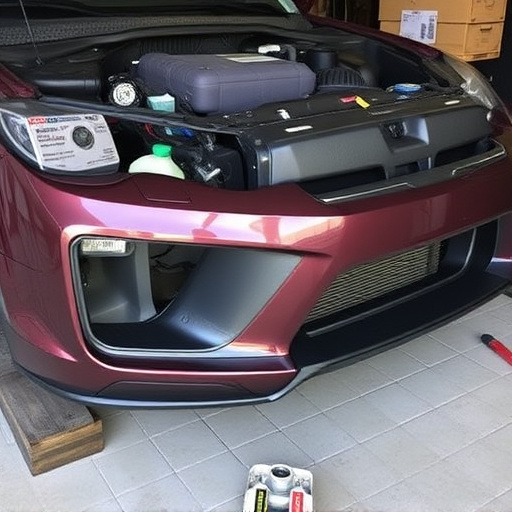
When it comes to sourcing components for recycled parts collision repair, car repair shops have a variety of strategies at their disposal. One key decision point is whether to source locally or globally. Local suppliers offer several advantages, including reduced transportation times and costs, as well as easier communication and faster delivery for urgent needs. This is particularly beneficial for classic car restoration projects where timely availability of specific parts is critical.
On the other hand, global suppliers provide access to a broader range of components, often at competitive prices. For vehicle restoration businesses looking to source rare or hard-to-find parts, international networks can be invaluable. However, longer lead times and potential language barriers must be considered. Ultimately, the choice between local and global suppliers depends on the specific needs of each car repair shop and the types of recycled parts collision repair projects they undertake, such as classic car restoration.
Ensuring Quality and Safety in Collision Repair
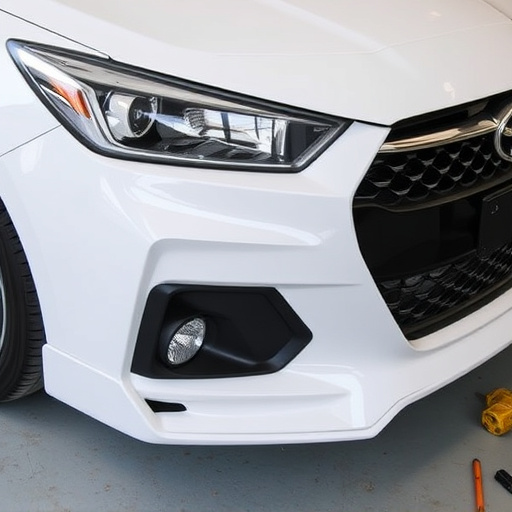
Ensuring quality and safety is paramount in the recycled parts collision repair process. Reputable car body shops invest heavily in rigorous quality control measures to guarantee that every component sourced for repairs meets or exceeds industry standards. This includes meticulous inspection of both new and recycled parts, utilizing advanced technology for precision frame straightening, and adherence to strict environmental regulations during the disposal and procurement of materials. By prioritizing these safety protocols, shops ensure not only the structural integrity of vehicles but also the well-being of their technicians and customers.
Furthermore, car body shops that specialize in recycled parts collision repair often offer comprehensive car paint services, employing state-of-the-art equipment and expert technicians to match original finishes precisely. This attention to detail not only enhances the aesthetic appeal of repaired vehicles but also ensures long-lasting durability, protecting the investment of vehicle owners. Trusting a shop with a proven track record in these areas offers peace of mind, knowing that the repair process is not just efficient but also safe and reliable.
In conclusion, the sourcing of components for recycled parts in collision repair is a strategic process that balances cost-effectiveness with quality control. By understanding the growing demand for these parts and employing effective sourcing strategies, whether locally or globally, shops can contribute to a more sustainable automotive industry. Maintaining stringent quality and safety standards ensures that recycled parts meet or exceed original equipment specifications, ultimately benefitting both consumers and the environment in the realm of collision repair.
